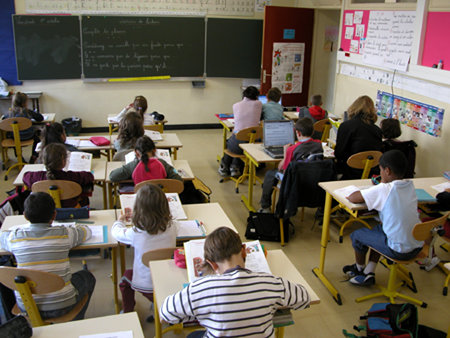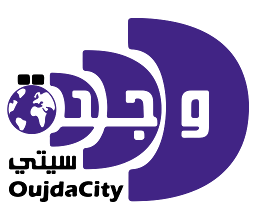autonomy in class

AUTONOMY
One of the most important topics that we ,educators, have often encountered is that of autonomy. Many educationalist stress the point that the ultimate goal of an educational course should be the learner’s autonomy. Two main aspects might be tackled here: the first concerns the students’ use of the language, and the second has to do with how they learn in class.
The use of English in an English class deals in turn with two aspects: the oral and the written forms. Few are those students who excel in both. The majority find it difficult, and thus either shyly participate from time to time or restrain themselves to avoid any potential embarrassments. The use of English outside the classroom seems impossible since the opportunity rarely arises. So, autonomy in practising the language orally is far from our students’ reach. The written aspect of the language use seems also to have stumbling blocks. The writing task is the least skill taught in our classrooms. Suffice it to look at its place at the end of the units in the course books to realise the little importance given to it. Even these writing tasks can be put at question- do they really tap on the learner’s autonomy or just reproduce what has been presented earlier in reading, listening and language sections? In this rapidly changing world, we have been overwhelmed with technological devices that have invaded our private lives. Phones, internet,and social media tools in general are actually real opportunities that should be seized to use the language. Teachers should gear students towards utilizing these tools to actually USE the language.
How students are learning in class may reflect a great deal of autonomy or dependence. Unfortunately, most classes are teacher directed. That is, all the decisions about learning are determined by the teacher. In most cases, students are not given chance to decide for themselves. All the tasks are led by the teacher and most of the speaking (TTT) is done by the teacher: little is left for the students. We could otherwise develop some sense of autonomy in students through simple acts. Just a question like this : “do you think it’s better to do it alone or in pairs?” might bring some good results. Intimate discussions with students about their accountability of their learning, success or failure is also of great importance. Presentations and peer coaching are vital in this respect. Many of us do really perform this in class- I’m sure- but just are not aware of what they are doing.
If we bear in mind the concept of autonomy, students will benefit much more for their future than for their present studies.
Please overlook any mistakes, and share your ideas. 1/8/2012 debdou high school



Aucun commentaire